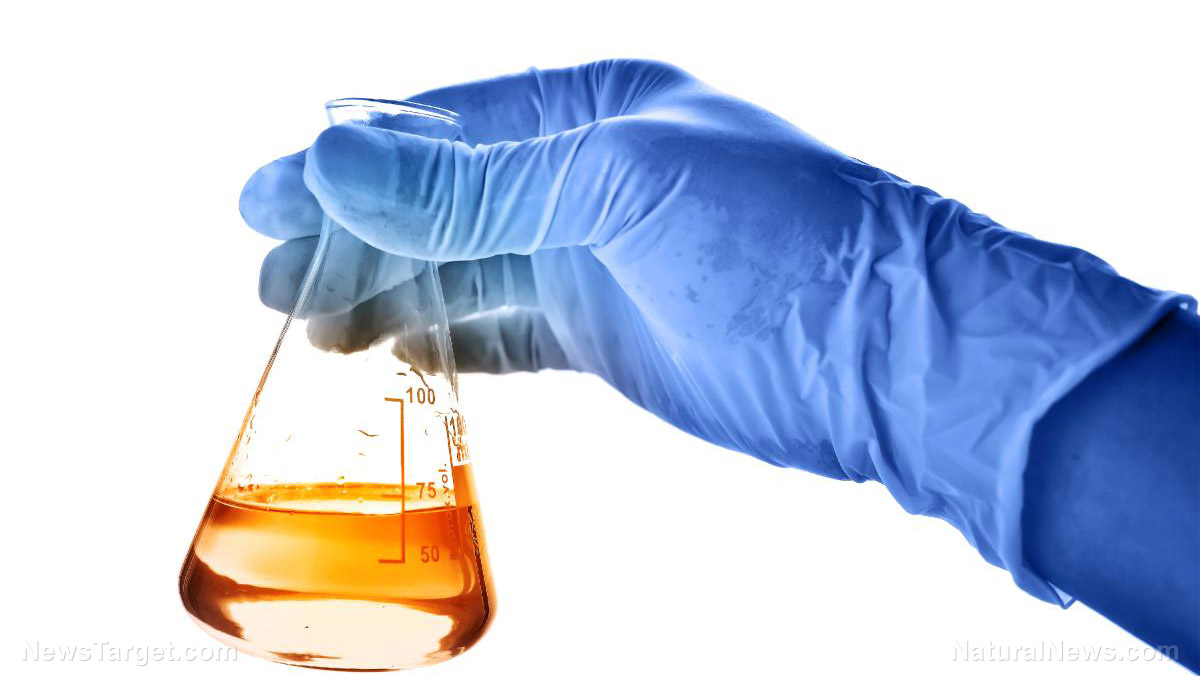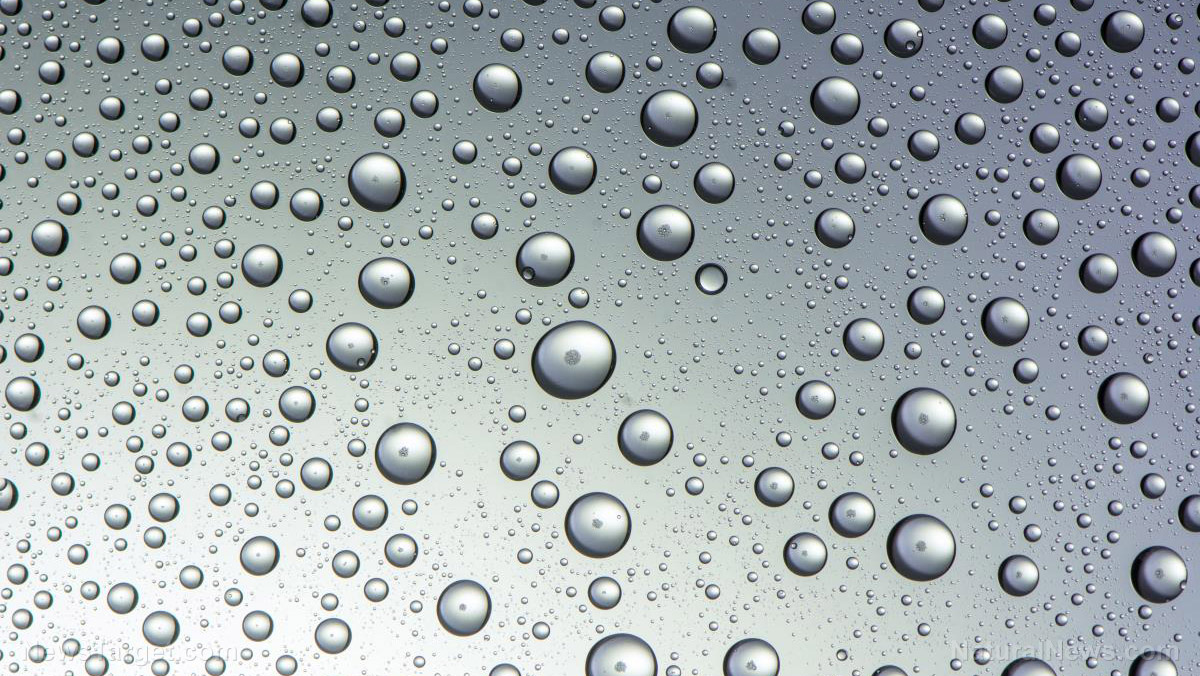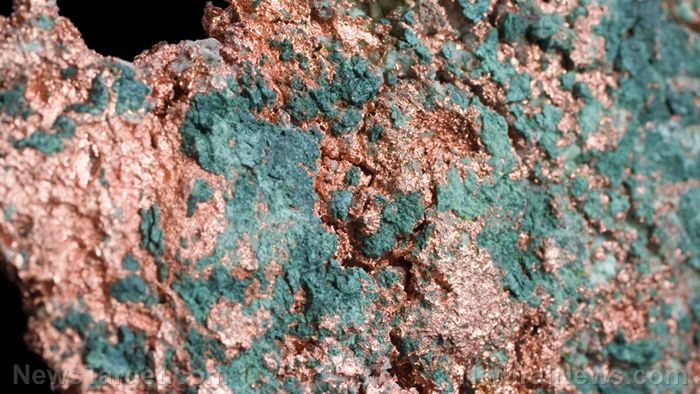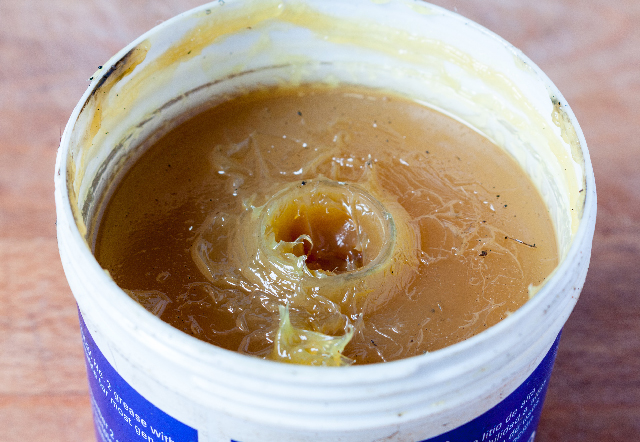Cuttlefish bone is a natural biologically-active material that possesses great bone and wound healing properties
09/17/2018 / By Rhonda Johansson
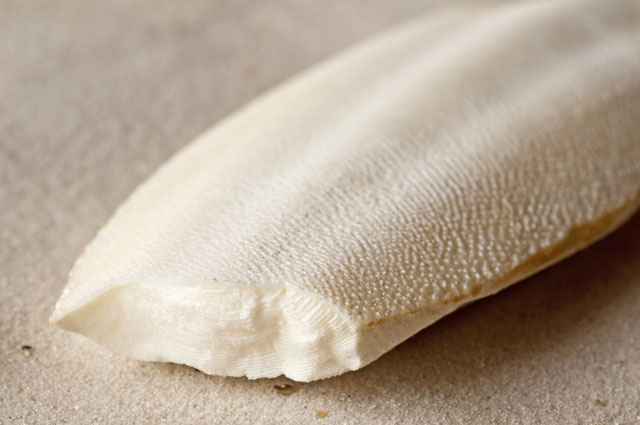
Researchers at the Kaunas University of Technology (KTU) have solved the main challenge facing the contemporary use of cuttlefish bone in modern medicine. The hard, brittle internal structure of the squid-like cephalopod — while used often in traditional Chinese and Indian medicine — has been observed to trigger certain allergic reactions in various individuals. KTU researchers found that removing a protein from cuttlebone made the material safer, all while maintaining its inherent medicinal uses.
Lead investigator and KTU researcher Alisa Palavenien? said that cuttlebone is a natural, biologically-active material that should be utilized more. Chinese remedies use the marine-derived material to promote bone and wound healing. However, cuttlebone is also notorious for triggering rashes and allergies in some patients.
This may be due, in part, to potential heavy metal contamination and contamination by other sea pollutants.
“In my research, one of the tasks was removal of the traces of the protein tropomyosin found in cuttlefish muscle tissue, which amino sequence is slightly different from human. Some people have hypersensitivity to this protein and therefore can develop allergic reactions in contact with it,” explains Palavenien?.
However, removing the protein was easier said than done. Traditional methods used alkaline hydrolysis in a degenerative process that is applied in the disposal of human remains. Invariably, the method, though effective, changes the composition of the cuttlebone.
The KTU scientists were able to develop an alternative method that removed tropomyosin using cutting-edge equipment. Their strategy, the researchers observed, was able to remove traces of tropomyosin from cuttlebone without ridding it of its therapeutic properties.
Health applications
This discovery opens the door to possible medical uses of cuttlefish bone, particularly in the field of bone tissue engineering. Compounds in the material are able to naturally bind to human bones and successfully integrate themselves during the healing process. In particular, cuttlebone is abundant in aragonite, beta-chitin, magnesium, strontium, iron, copper, and zinc. The synergistic qualities of these compounds increase the bioactivity of any biomedical product containing cuttlebone.
Scaffolds or capsules that contain cuttlebone aid in the proliferation of osteoblasts, which are the cells needed for bone growth. Researchers have noted that cuttlebone contains different elements that take the place of the cavity in the bone where an injury had occurred. Because cuttlebone is natural, it degrades easily and is harmless to the body.
The KTU researchers developed two pharmaceutical products using their protein-free cuttlebone. The first was a cellulose-based scaffold and the other was a calcium alginate capsule. Both products were designed to be used for small-sized bone defects in oral cavities. (Related: The glossy privet fruit, a popular Chinese herbal medicine, can prevent osteoporosis in menopausal women.)
Its use in traditional Chinese medicine
Chinese folk healers refer to cuttlefish bone as hai piao xiao. It is said to have “warm” and “salty” properties and is associated with the kidney, liver, and stomach meridians. It is primarily used to stop bleeding and harmonize the stomach. It is usually boiled, dried, and then prepared as a powder. A typical dose of cuttlefish bone is between six to 12 grams boiled in water.
Applied topically, hai piao xiao is used as a poultice to treat skin rashes and lesions.
Other uses of the material include treatment for gastric and duodenal ulcer, asthma, bleeding of the uterus, and premature ejaculation.
Read more on cuttlefish bone and other alternative medicines at ChineseMedicine.news.
Sources include:
Tagged Under: alternative medicine, bone growth, bone healing, bone health, bone tissue engineering, cuttlebone, cuttlefish bone, discoveries, folk medicine, hai piao xiao, natural cures, natural remedies, TCM, traditional Chinese medicine, Wound Healing

